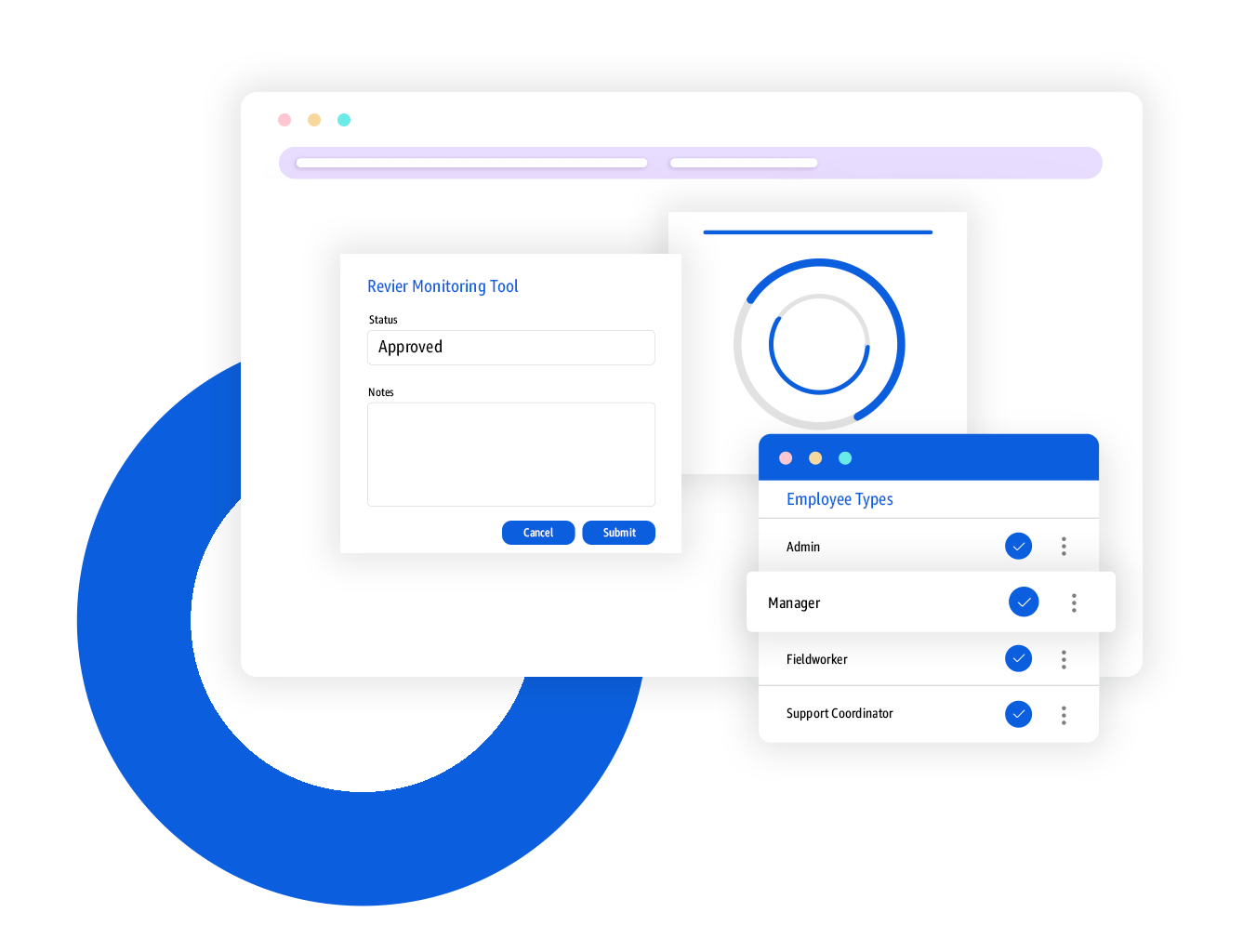COVID-19, two syllables synonymous with a lot of heartache in the last year alone. For the most part, the elderly and vulnerable took the brunt of the impact. Now, however, more information has come to light over the challenges caregivers face daily.
Countless families across the country have decided to turn to in-home care services as a substitute to nursing homes. Owing to the fact nursing homes had become a magnet for the virus, along with many cases revolving nursing homes.
Anxiety on Home Care Workers
Over 50 in-home care aides across the country have expressed a lot of challenges they face daily. From wages to be paid, unaffordable benefits, persistent injuries and more.
In some places like New York City, a lot of the health care aides are oblivious of the leaves at their disposal. Perhaps they feel they would not be authorized to take their much needed time off. That is in spite of qualifying for sick leaves.
Across the nation, the stories coming in paint a dismal picture of unreasonable stress for an in-home care worker. Together with the pressure, they are often secluded in a lightly controlled environment.
Booming Need for More Health Care Workers
Soon, an essential need will be a lot more care workers required in the near future. Estimations have been predicted for a steady rise in home care jobs – actually far more than any other profession in the next decade. Read more on this from the Bureau of Labor Statistics.
The difficulty is one in five helpers are barely surviving below the poverty line. In fact, in six states, it’s calculated the average hourly wage for in-home care aides is less than $11.
What’s more, in the last decade the average pay has grown nationally by only $1.75 an hour (After Inflation). Read more here. The article also talks about the tragic demise of Yvette Dessin, a senior care worker who, according to her daughter, felt the pressure of the health-care industry workload.
Nurses Feeling the Pinch as Well
Even the nursing workforce has felt the heat of the 4th wave of the pandemic. As a matter of fact many are leaving their jobs in significant numbers across the nation. Reports have shown 62% of hospitals have announced a nurse vacancy rate in excess of 7.5%. This was stated by a 2021 Nursing solutions report.
Sadly, the problems are only getting started. This pandemic has highlighted further what was already an aggravating issue in the nursing profession. Which is burnouts, widespread pressure, depression, work-related PTSD (Post-traumatic stress disorder) or worse – possibilities of suicide.
Other drawbacks for nurses include coping up with insufficient staffing and obligatory overtime. All these changes lead to low job satisfaction, with nurses more likely to switch careers. Regretfully, this was already in vogue before the pandemic appeared.
Stats have shown an increased workload can place nurses in circumstances which result in medical errors. This is why as more nurses keep leaving, patient care will start to deteriorate as well.
Estimates also note a lower nursing staff with excessive patient workloads; are connected with a larger risk of patients dying in hospitals.
Government Stepping-in to Help Direct Care Providers
State officials in Colorado voted recently. This ballot would benefit specifically forefront laborers, as these laborers care for the elderly and people with disabilities. Read more on Colorado’s Medicaid Senate Bill 21-286 plan here.
Following the direction of State lawmakers, the Plan takes advantage of the federal pandemic relief money. As the relief money was sent to Colorado, to boost Medicaid’s home and community based services.
Lawmakers recently cast the ballot 5-1, bolstering up the division’s proposed plan. This takes into consideration the in-home care workers, and nursing collaborations who provide in-home care and community based aid to people on Medicaid.
To understand this better, direct care providers took a huge hit during the pandemic last year. Lawmakers tried to get a handle of things by decreasing the Medicaid rates to 1% in 2020. However, they bumped it back up to 2.5% in 2021 in the course of the legislative session.
The Good news is a lot of changes will occur in the average-wages for both in home care aides and nursing assistants. For instance the minimum wages for Nursing assistants in Denver will increase to $15.87 from $14.77. Read more here on the increase in wages for direct care workers.
To summarize, a booming industry like healthcare; where Jobs will be in demand even more than it is currently. Solutions must be looked into urgently to ease the workload for nurses and health care workers, while saving money.
FieldWorker is one such resolution which transforms the way caseworkers deliver in-home and community health services to patients. A Social work case management software leveraging technology to the max. All while standardizing how social care providers coordinate and track outcomes. Making sure records align with local healthcare and government requirements and regulations.

